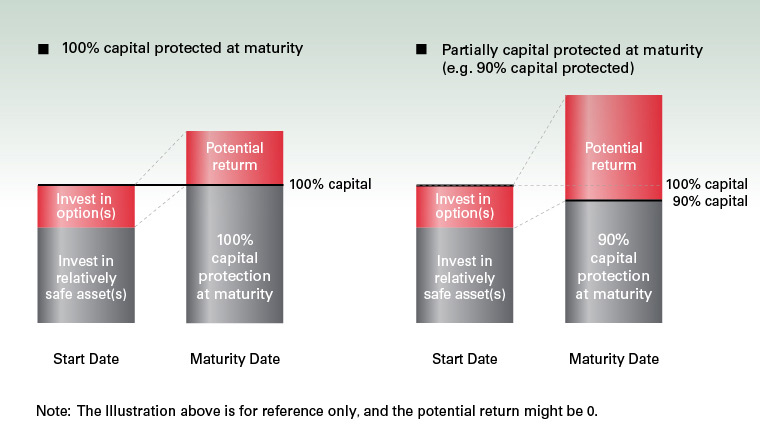How to Optimize Loan Maturity for Your Financial Goals
In the ever-evolving landscape of personal finance, one critical aspect that often gets overlooked is the strategic optimization of loan maturity. Loan matu……
In the ever-evolving landscape of personal finance, one critical aspect that often gets overlooked is the strategic optimization of loan maturity. Loan maturity, essentially, refers to the duration of time it takes to repay a loan in full. This seemingly innocuous detail can have a profound impact on your financial health and the achievement of your long-term goals.
Understanding the intricacies of loan maturity is crucial for anyone looking to optimize their financial situation. Here are some key points to consider when strategically planning your loan repayment:
1. **Long-term vs. Short-term Goals**: Your loan maturity should align with your financial goals. If you have long-term goals, such as purchasing a home or funding your children's education, you may opt for a longer loan maturity. Conversely, if your goal is to pay off debt quickly, a shorter loan maturity might be more suitable.

2. **Interest Rates and Inflation**: Interest rates play a significant role in determining the cost of borrowing. A longer loan maturity can result in lower monthly payments but may also result in paying more in interest over the life of the loan. Conversely, a shorter loan maturity may result in higher monthly payments but could save you money on interest in the long run. Additionally, inflation can erode the purchasing power of your future payments, so it's important to factor this into your decision-making process.
3. **Cash Flow Management**: Your current cash flow situation should also influence your loan maturity choice. If you have stable and predictable income, a longer loan maturity might be manageable. However, if your income is less predictable or you have other financial obligations, a shorter loan maturity might be more prudent.
4. **Tax Implications**: The tax treatment of your loan can also impact your decision. For instance, interest paid on a mortgage is often tax-deductible, which can lower your taxable income. This, in turn, can reduce your overall tax liability. Understanding these tax implications can help you make a more informed decision about your loan maturity.

5. **Refinancing Opportunities**: Finally, it's worth considering whether refinancing your loan could be beneficial. Refinancing can help you secure a lower interest rate, which can result in significant savings over the life of the loan. However, it's important to weigh the costs and benefits carefully, as refinancing can also extend your loan maturity and, consequently, your overall interest payments.
In conclusion, optimizing your loan maturity is a critical component of achieving your financial goals. By carefully considering your long-term and short-term goals, understanding the impact of interest rates and inflation, managing your cash flow, considering the tax implications, and exploring refinancing opportunities, you can make informed decisions that align with your financial objectives.
By taking these factors into account, you can ensure that your loan repayment strategy supports your overall financial health and helps you achieve your long-term financial goals. Whether you're planning for retirement, saving for your children's education, or simply looking to reduce your debt, understanding the importance of loan maturity is an essential step in the journey towards financial success.
